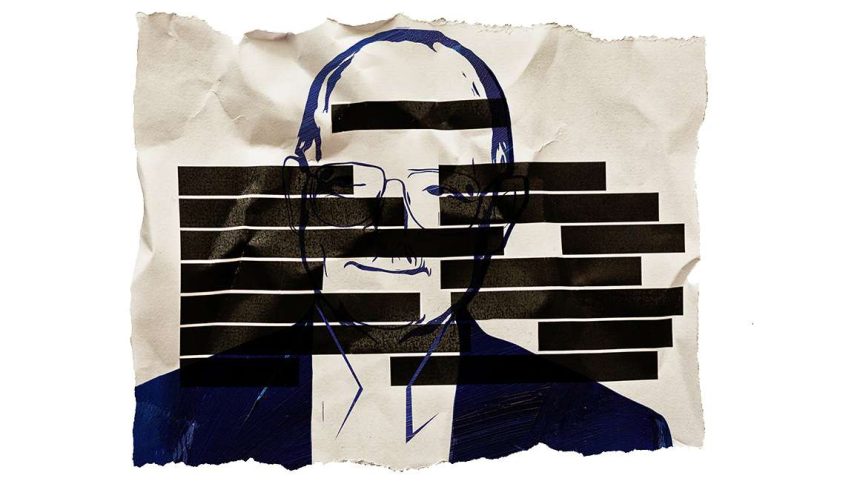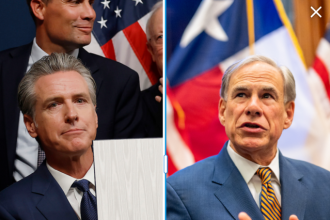Vernor Vinge—the Hugo Award–winning science fiction author who passed away in March 2024—imagined a world where individuals, not governments, held the power. His 1981 novella True Names featured hackers known as “warlocks” fighting a corrupt, incompetent government, while his 1985 novel The Peace War made the case for anarcho-capitalism.
“People are more diverse and distributed and resourceful and even coordinated than any government,” Vinge told Reason in 2007. “That’s a power we already have in free markets,” he said. His ideas and influence extended far beyond libertarian circles; his 1993 essay, “The Coming Technological Singularity,” has become a guiding concept in the modern tech industry.
Despite his clear libertarian leanings, the FBI worried about Vinge’s association with socialists. His recently declassified file shows he was investigated for alleged “contact with Karl Amatneek,” a computer engineer involved in TecNICA, an organization that sent technologically skilled volunteers to aid Nicaragua during the socialist Sandinista revolution.
When TecNICA leaders approached the Cuban embassy about expanding their volunteer projects, they were directed to meet with an intelligence officer, according to a 2021 interview with TecNICA member Louis Proyect. Soon after, the FBI began interrogating TecNICA members—and letting their peers in the computer industry know about it. TecNICA members told the Los Angeles Times that they were harassed for their foreign policy views, and Proyect insisted that the FBI’s accusations exaggerated the reality.
A teletype message from January 1983 says the relationship between Vinge and Amatneek “has not yet been established,” requesting more time to investigate. Ironically, Vinge had already mocked the incompetence of the surveillance state in True Names, describing a federal agent confidently insisting the government could catch any lone troublemaker if it devoted enough resources. Pollack, the character being questioned, knew better. “He had snooped on enough secret memos to realize that the Feds really believed it, but it was very far from true.”
Vinge foresaw a world where individuals could outmatch governments. That made him a target of the very state machinery he critiqued.
The post Declassified Documents Detail the FBI’s Surveillance of a Libertarian Sci-Fi Author appeared first on Reason.com.









